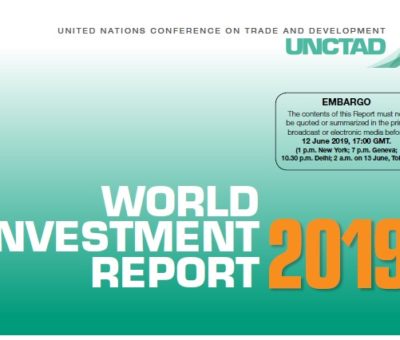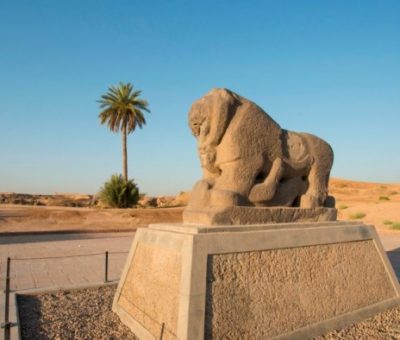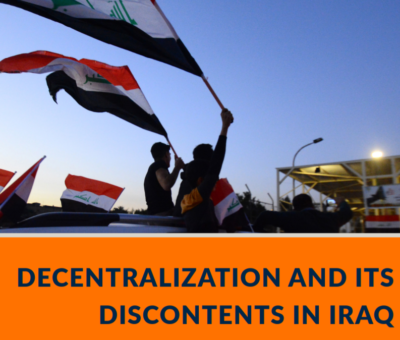Bitter experiences of reconstruction in the last two decades have made the international community hesitant to engage in robust reconstruction activities. Iraq’s reconstruction after the United States-led invasion in 2003 contributed significantly to this reluctance. Between 2003 and 2014, more than $220 billion were spent on rebuilding the country. Despite the huge a
Read MorePREFACE The World Investment Report supports policymakers by monitoring global and regional foreign direct investment trends and documenting national and international investment policy developments. The policy chapter of this year’s report takes stock of efforts being made towards the reform of international investment agreements and surveys new measures. Inc
Read MoreBabylon has seen it all. From its peak as the Neo-Babylonian capital under King Nebuchadnezzar through its heavy-handed 1987 reconstruction by Saddam Hussein to its post-invasion demise when American and Polish troops ran roughshod over its ruins and ISIS threatened its very existence, the ancient city has witnessed empires come and go. History spanning the centuries
Read MoreSummary In Iraq the issue of decentralization tends to kick up a flurry of activity and discussion whenever Law 21 is amended or a governor attempts to create a new region. Otherwise though, federalism only draws attention as it relates to Baghdad-Kurdistan Regional Government (KRG) relations, oil revenue sharing, or both. However, while federalism rarely lends itself to meani
Read MoreReconstruction in Iraq cannot be achieved without universal reconciliation, economic and education reform, and equitable application of the rule of law The deterioration of Iraqi infrastructure predates the U.S. invasion of 2003. The Iran–Iraq War (1980–88) forced the regime to divert most available resources to military-related spending and cut back on new projects. As a resu
Read More





